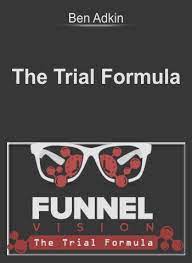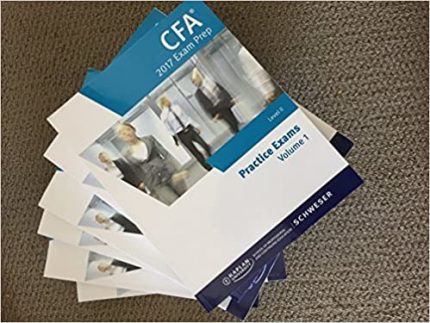
Real Estate Taxation (RET4)
Salepage : Real Estate Taxation (RET4)
Archive : Real Estate Taxation (RET4)
FileSize :
Category:
Tax
Faculty:
John L. Evanich, Jr., CPA
Course Levels:
Intermediate
Duration:
4
License:
Access for 90 day(s) after program date.
This course is a deep dive into many aspects involving the taxation of real estate related for the mid-level practitioner moving into this complex area. You will deepen your understanding of the complex considerations and strategies that individuals must navigate in acquiring, operating, and selling real estate. You will leave the course able to navigate critical issues associated with the relevant returns and plan strategically for your company or clients. We will discuss in detail the impact the Tax Cuts and Jobs Act continues to have on the real estate industry, as well as the impact of COVID-19.
Major Topics
The impact the Tax Cuts and Jobs Act has had on the real estate industry
Determining the basis when acquiring real estate
Rental operations
Depreciation and recapture
Calculation of gain or loss on sale of real estate
Passive activity losses
Installment sales
Learning Objectives
Learn how the Tax Cuts and Jobs Act has directly impacted the real estate industry
Learn how to determine the taxpayer’s basis in the property
Learn how the IRC taxes rental operations
Understand the complex rules of depreciation, bonus depreciation, and Section 179 and how they impact the real estate industry
Learn how to calculate the gain or loss upon the sale of real estate
Understand the passive activity rules
Understand the installment sale rules
Designed for
CPAs who advise clients or their company on issues related to the acquisition, holding, management, and disposition of real estate
Level of Knowledge
Intermediate
Prerequisite
Some experience preparing tax returns involving real estate holdings
Advanced Preparation
None
Credits
4
Field of Study:
Taxes (4)
CFP Credits:
No
IRS Approved:
Yes
Yellow Book:
No
What Is Real Estate?
Real estate is the land along with any permanent improvements attached to the land, whether natural or man-made—including water, trees, minerals, buildings, homes, fences, and bridges. Real estate is a form of real property. It differs from personal property, which are things not permanently attached to the land, such as vehicles, boats, jewelry, furniture, and farm equipment.
Understanding Real Estate
People often use the terms land, real estate, and real property interchangeably, but there are some subtle distinctions.
- Land refers to the earth’s surface down to the center of the earth and upward to the airspace above, including the trees, minerals, and water.
- Real estate is the land, plus any permanent man-made additions, such as houses and other buildings.
- Real property—one of the two main classifications of property—is the interests, benefits and rights inherent in the ownership of real estate.
Broadly speaking, real estate includes the physical surface of the land, what lies above and below it, what is permanently attached to it, plus all the rights of ownership—including the right to possess, sell, lease, and enjoy the land.
Real property shouldn’t be confused with personal property, which encompasses all property that doesn’t fit the definition of real property. The primary characteristic of personal property is that it’s movable. Examples include vehicles, boats, furniture, clothing, and smartphones.






































Reviews
There are no reviews yet.